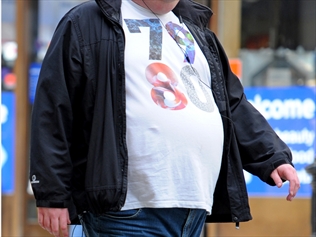Weight screenings in high school were not enough to get overweight and obese kids on track toward a healthier weight, a recent U.S. study found.
With obesity rates soaring among Arkansas teenagers, the state implemented a screening program in schools in 2003, with alerts sent to parents of kids with weight problems. But kids screened by the program in early high school and again in their junior and senior years did not seem to benefit compared to kids exempt from screening, the study found.
While the screening and reporting measures in Arkansas have been both popular and controversial, there is no evidence to support their use, said study author Kevin Gee of the University of California, Davis School of Education, in email to Reuters Health.
Rates of teenage obesity have more than quadrupled in the last 30 years and now more than one in five teens is obese, according to the U.S. Centers for Disease Control and Prevention.
Source: Screening teens for obesity may not help them lose weight | Fox News


